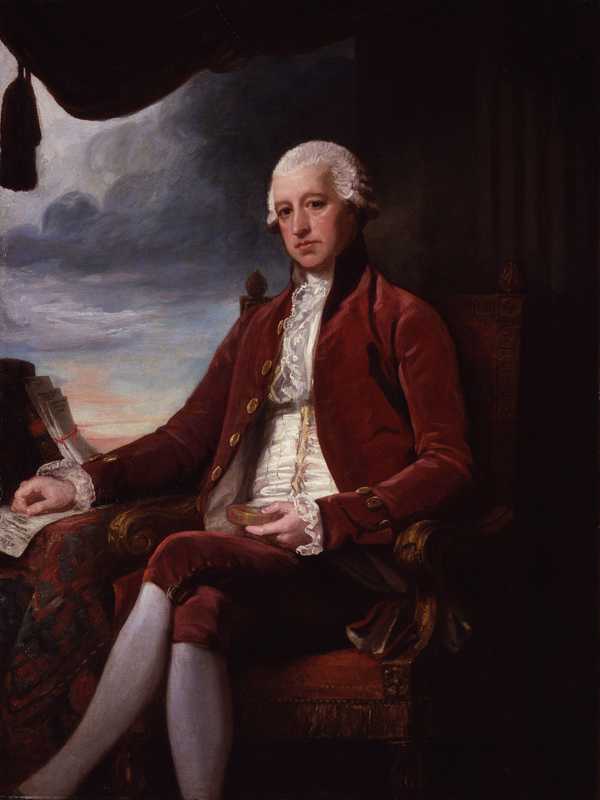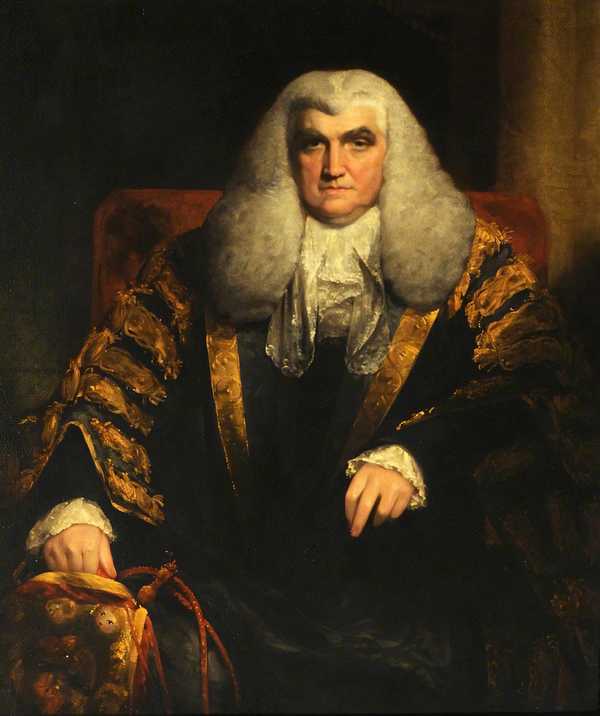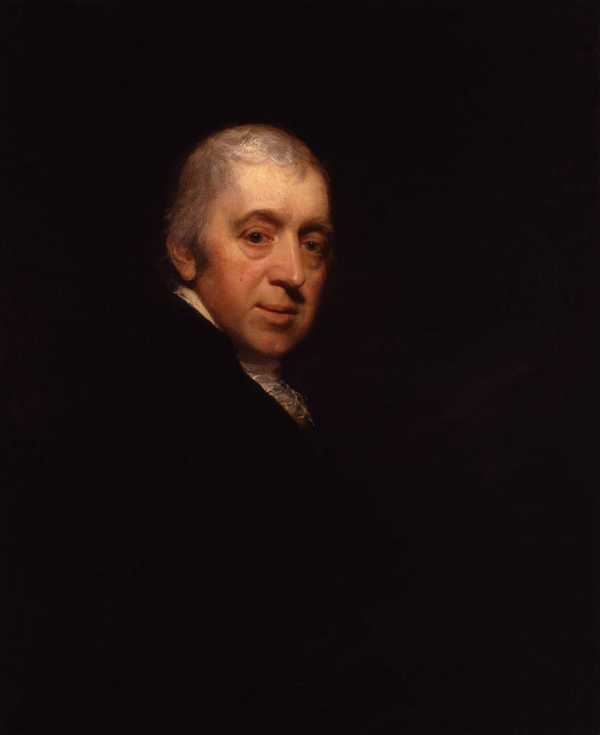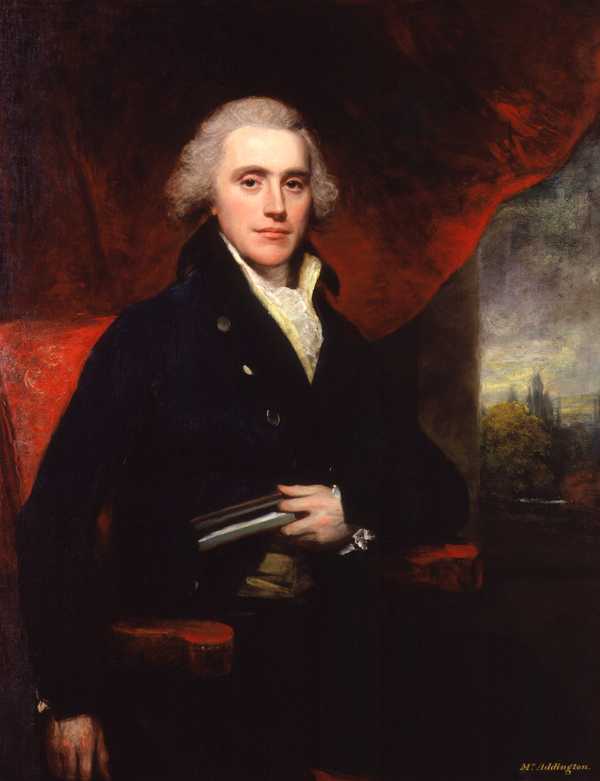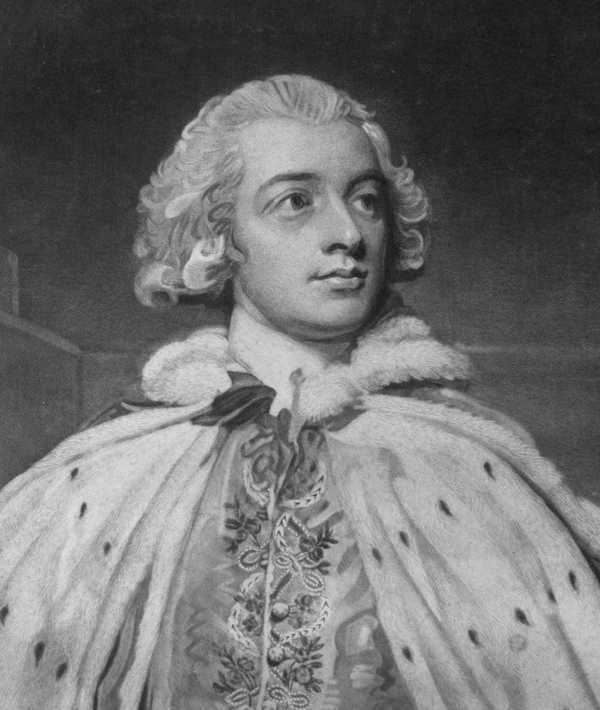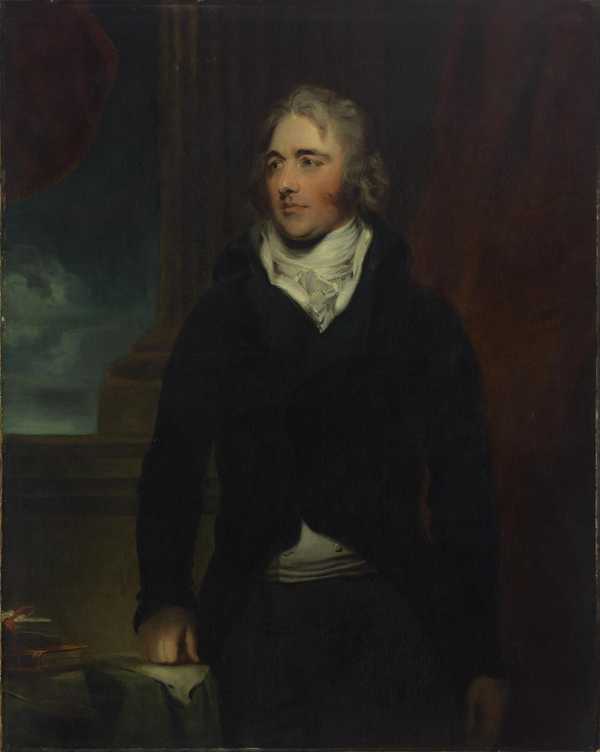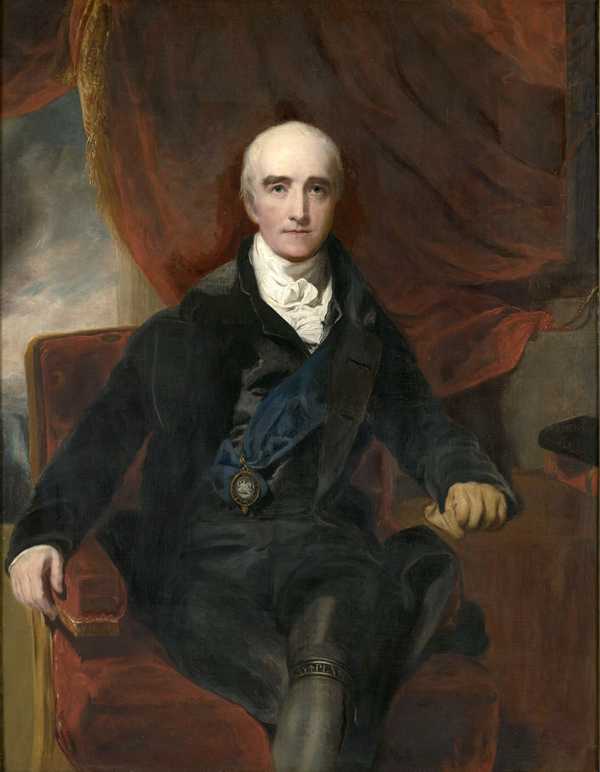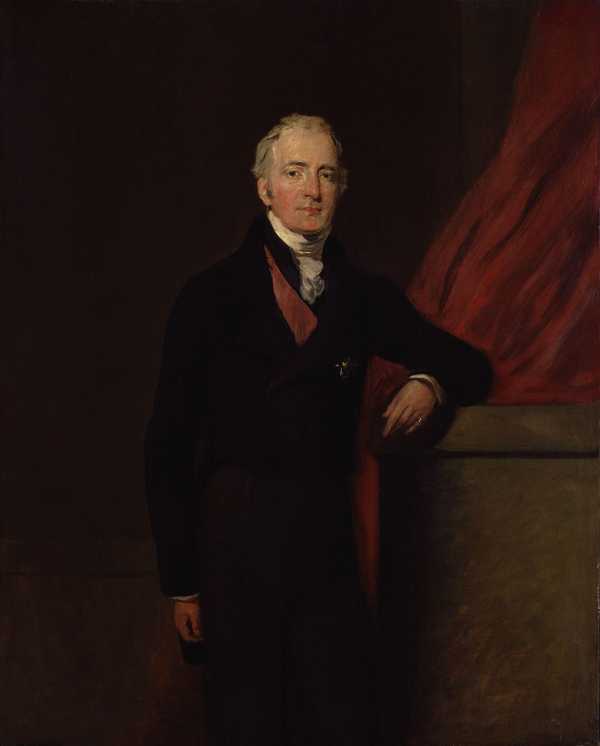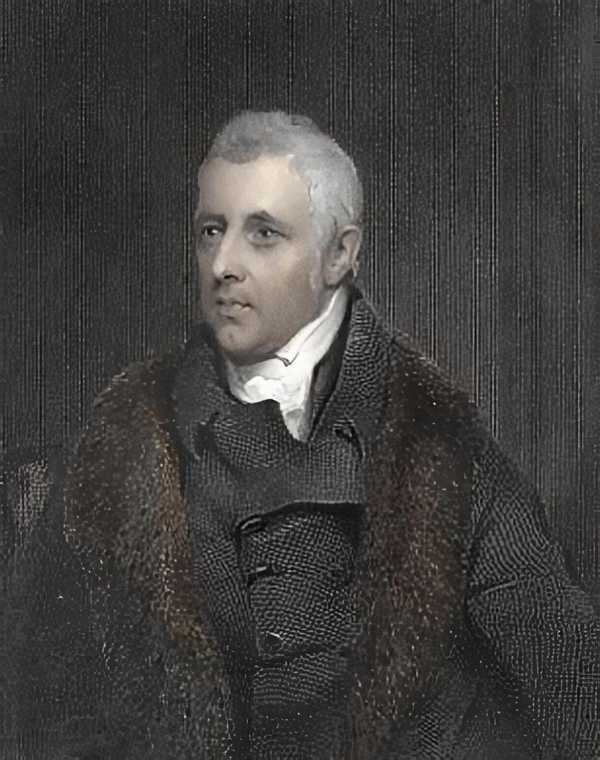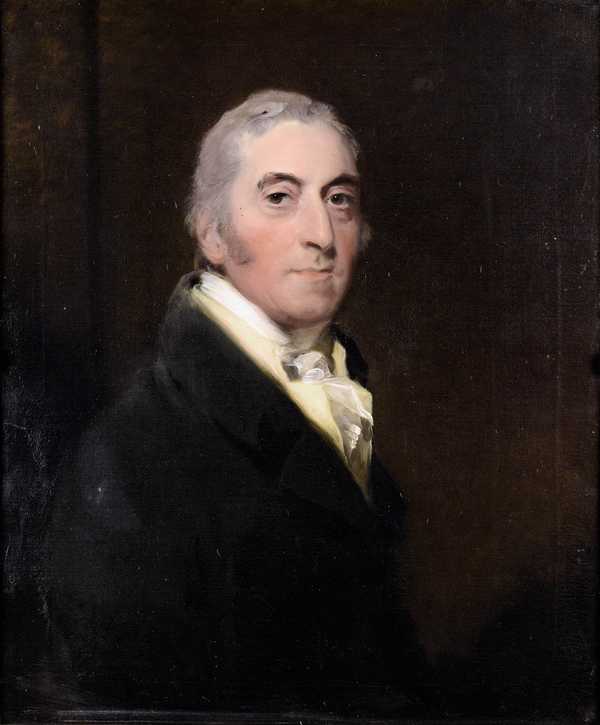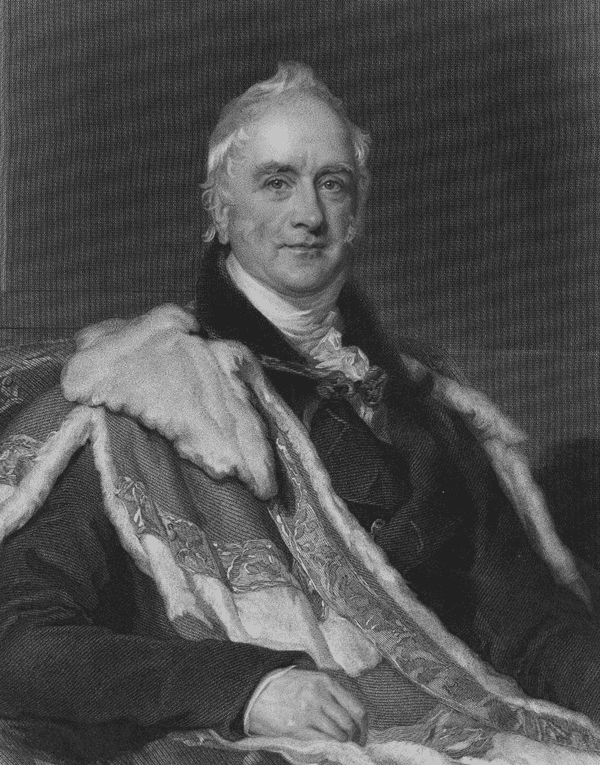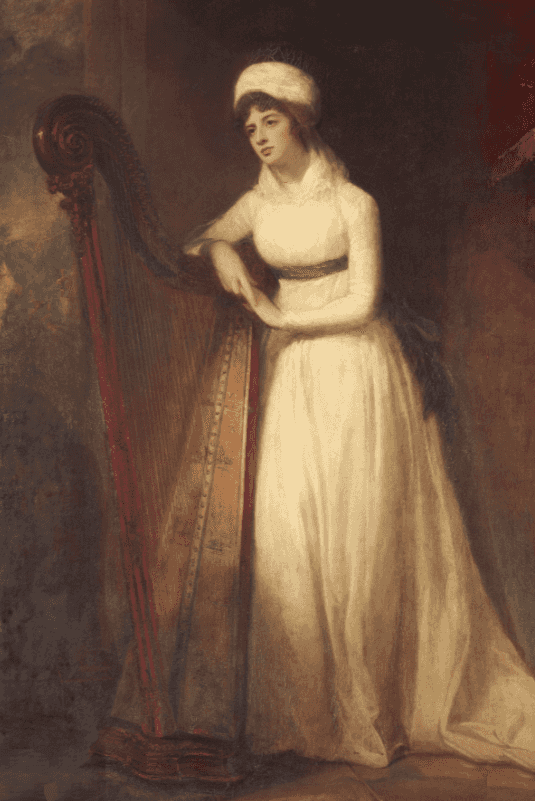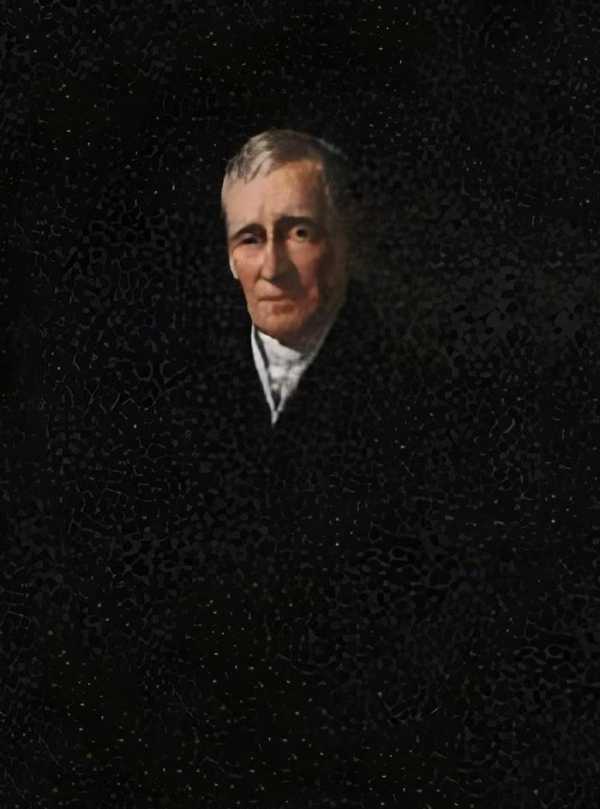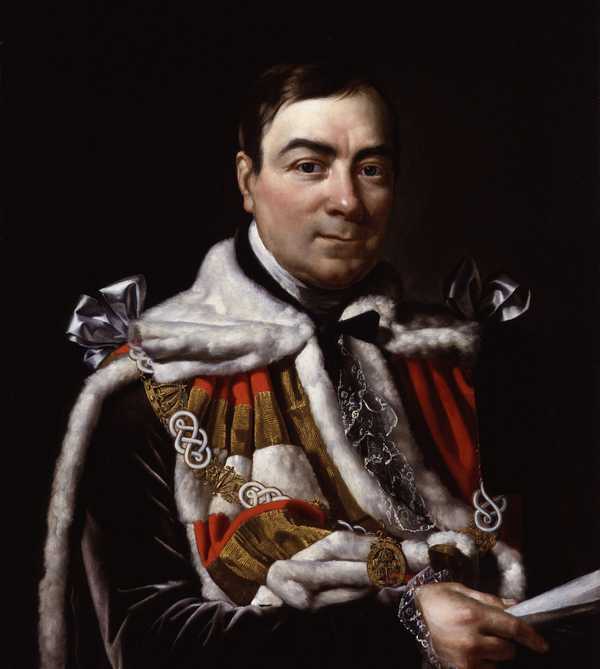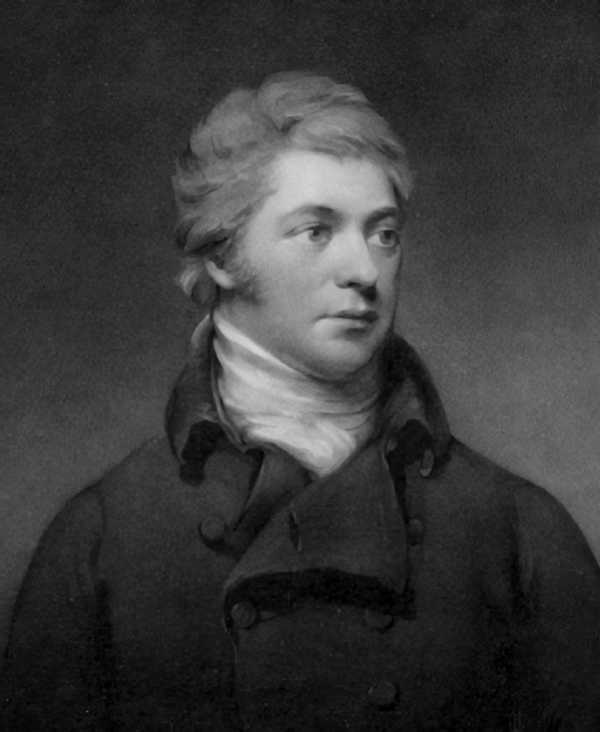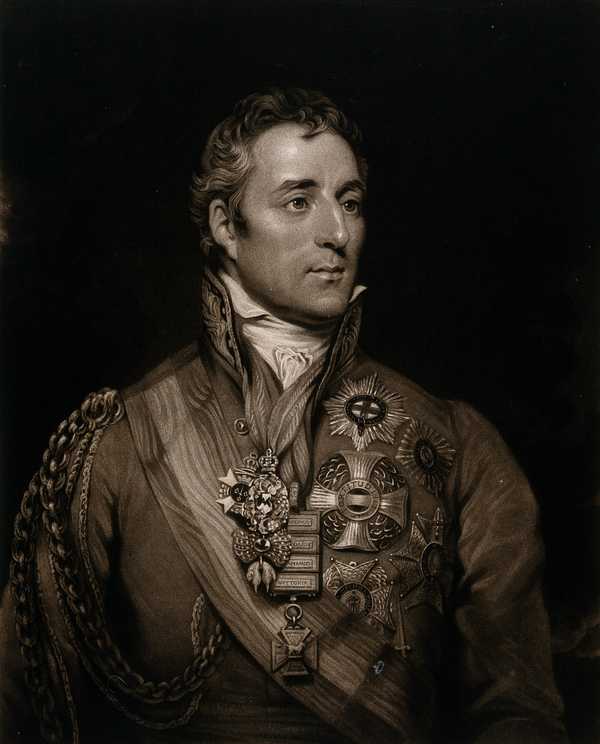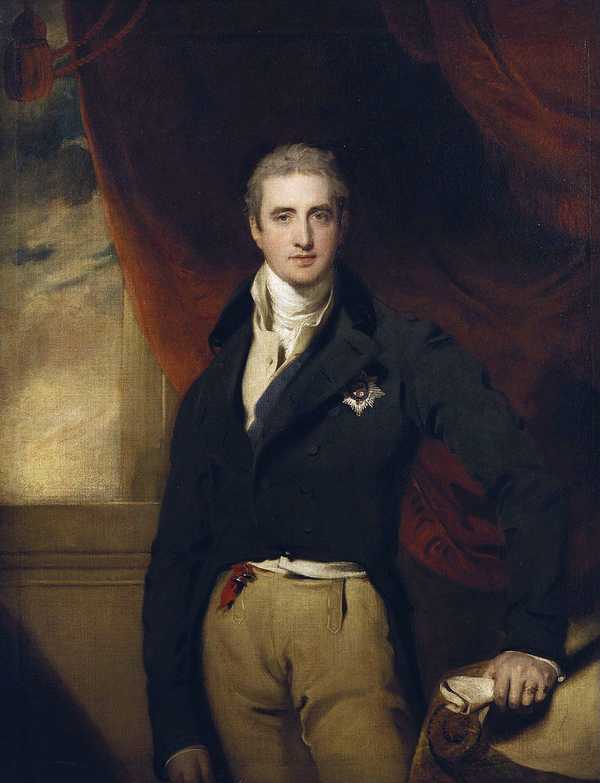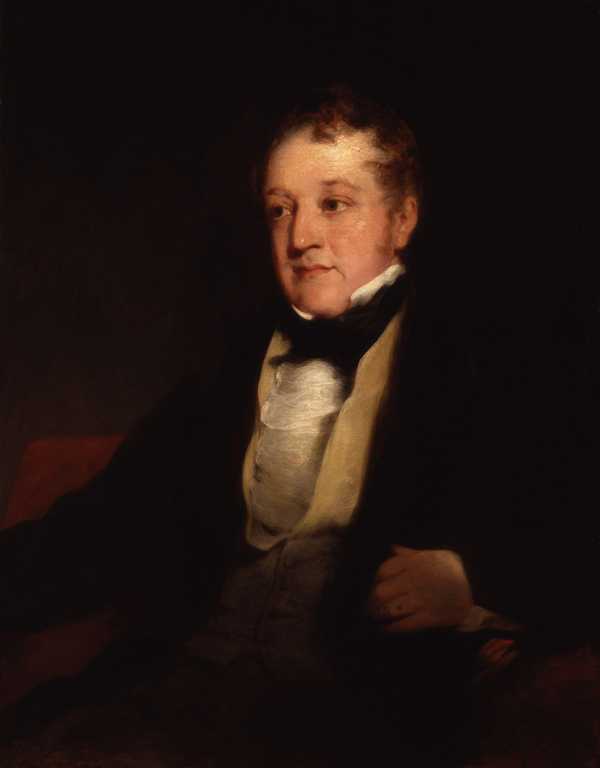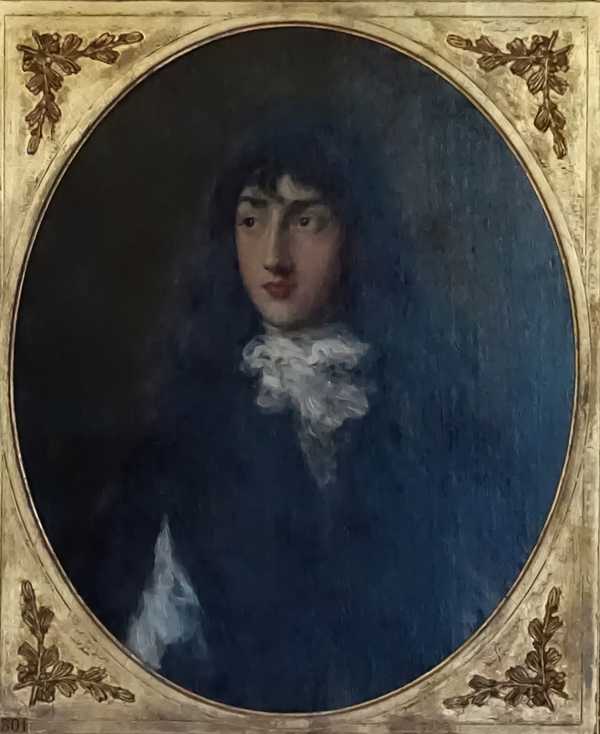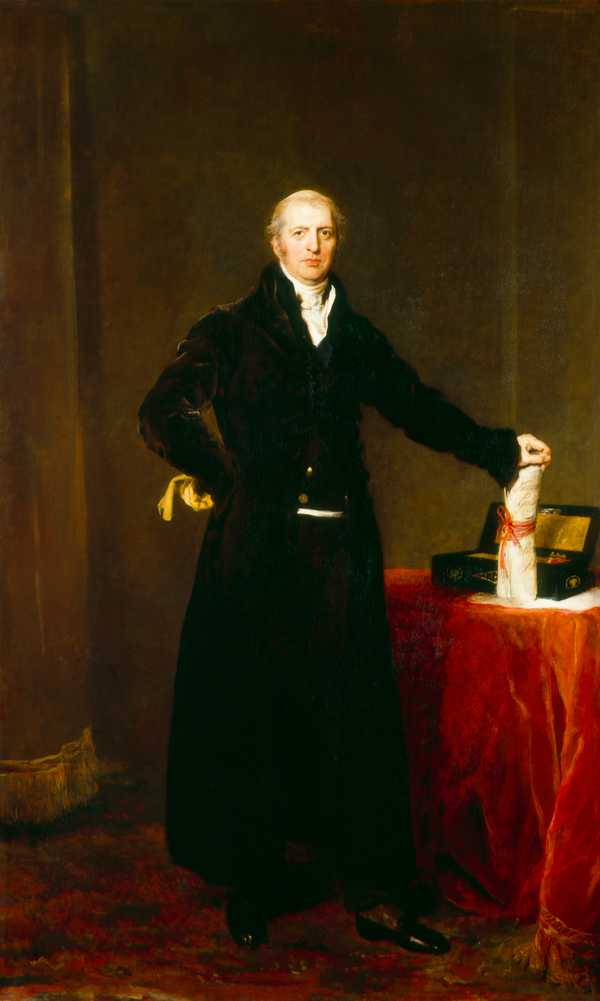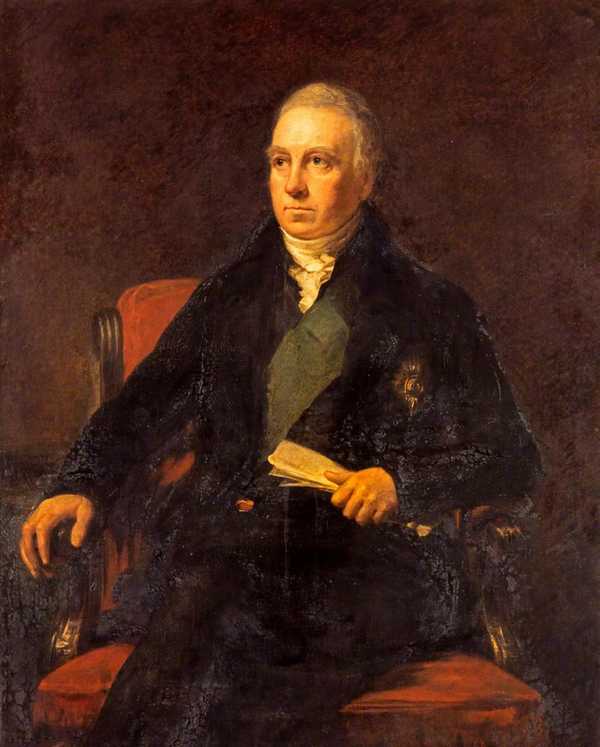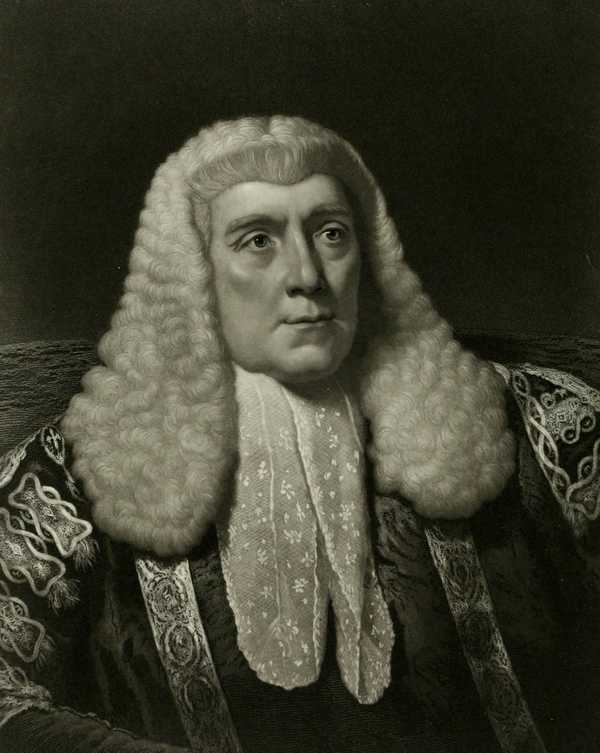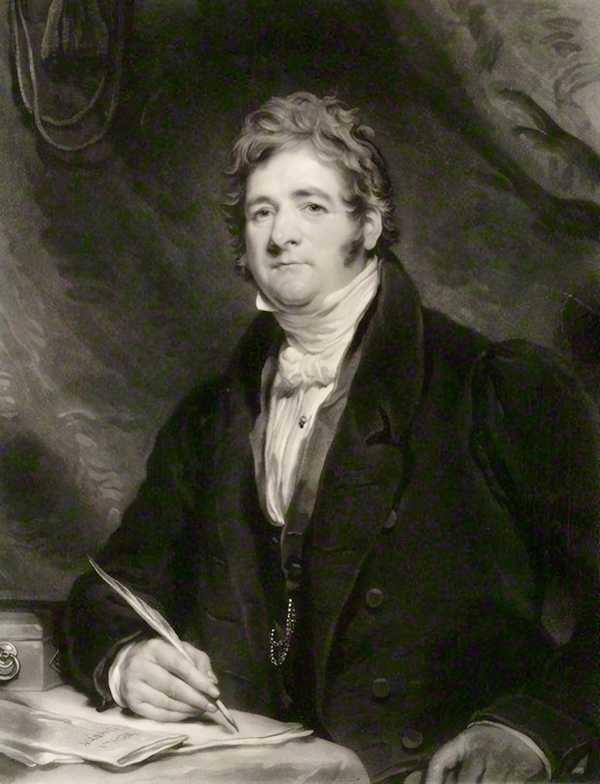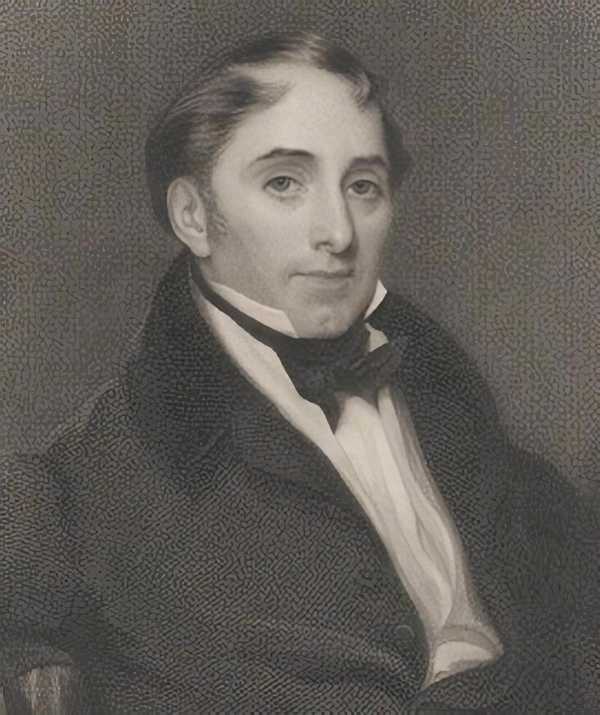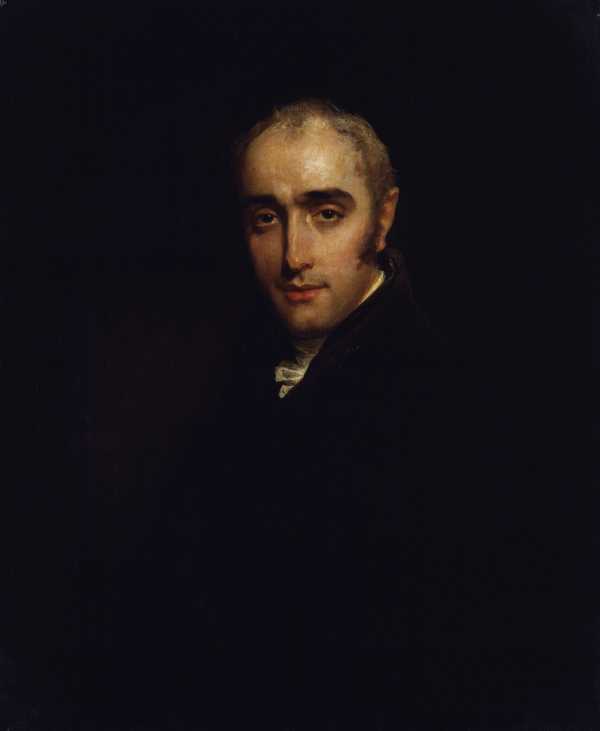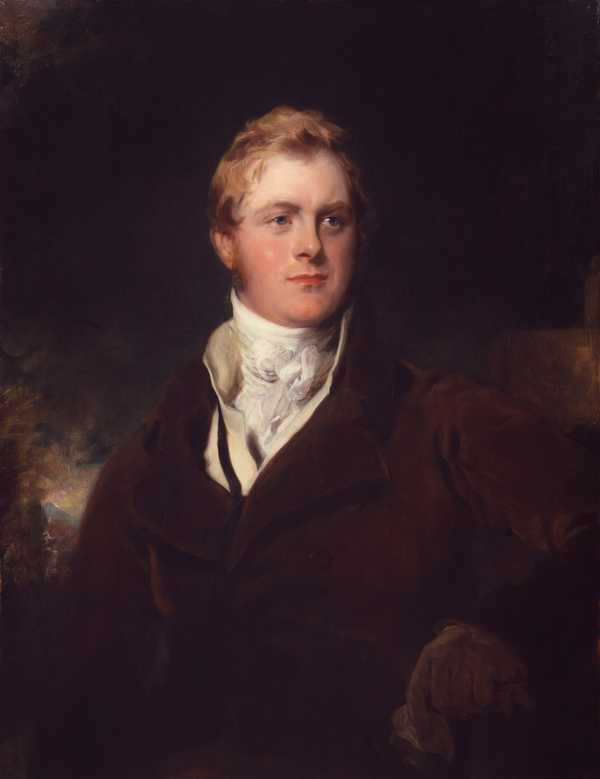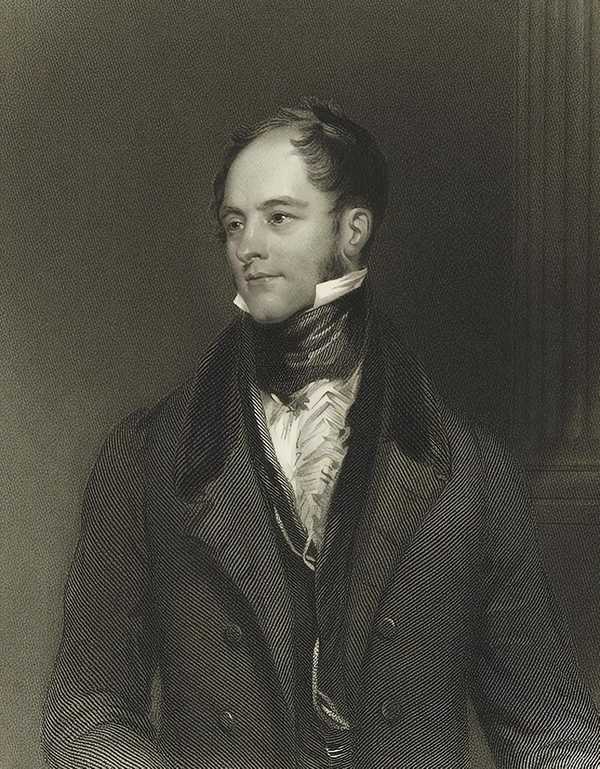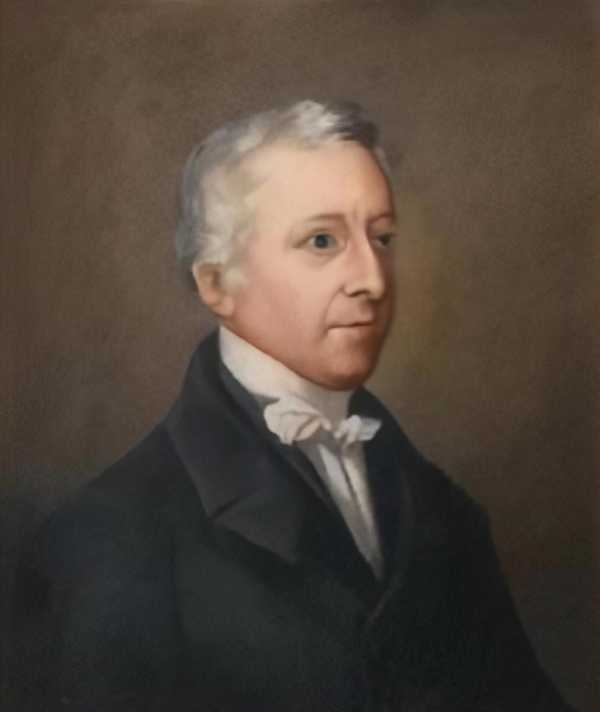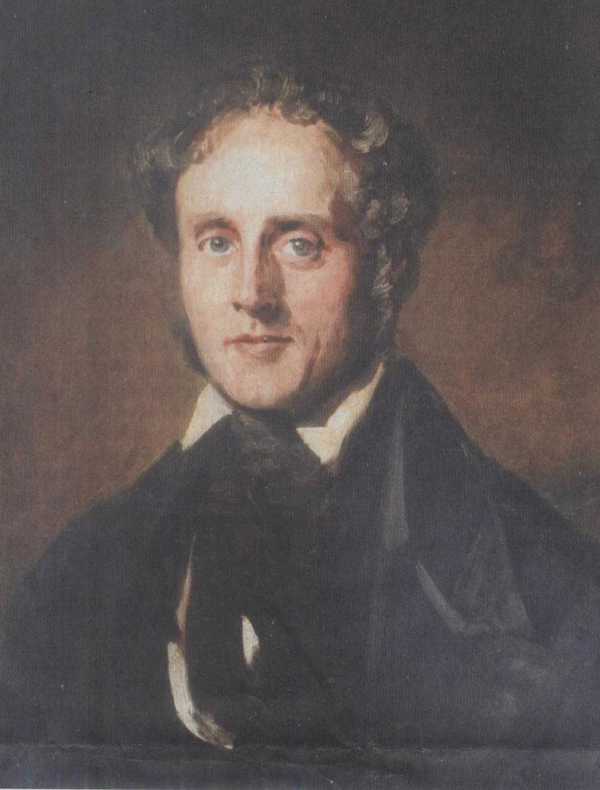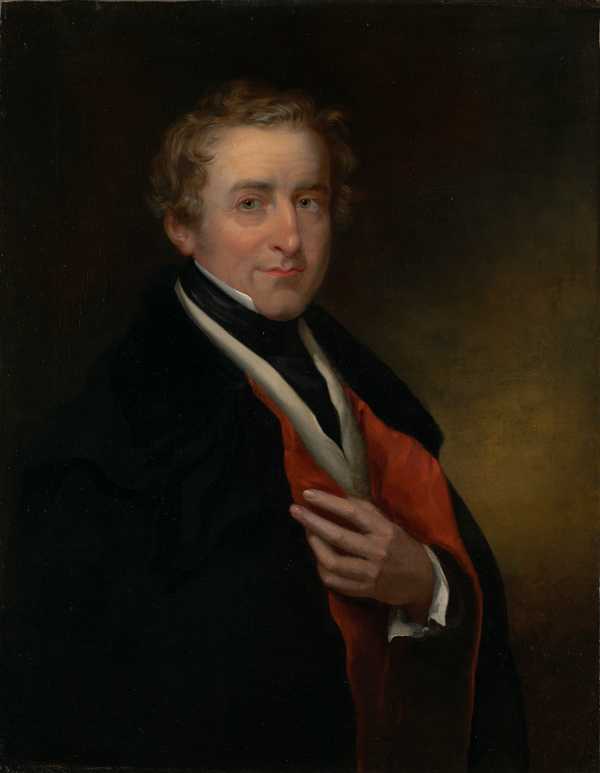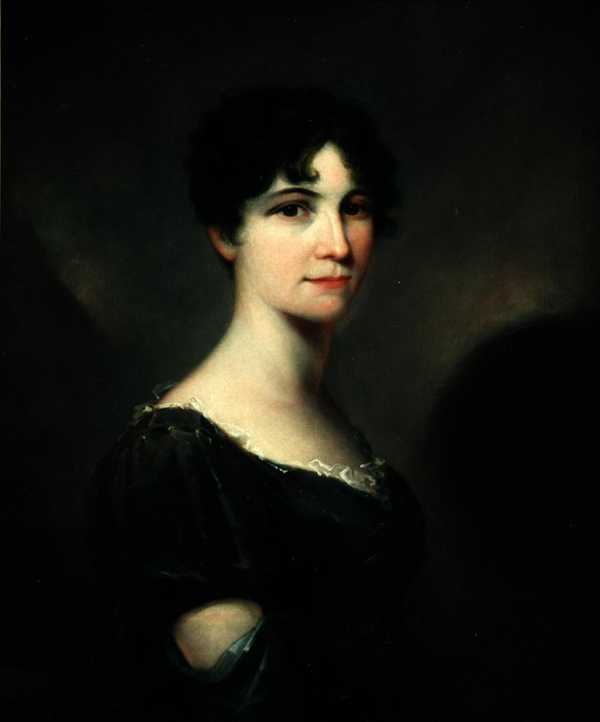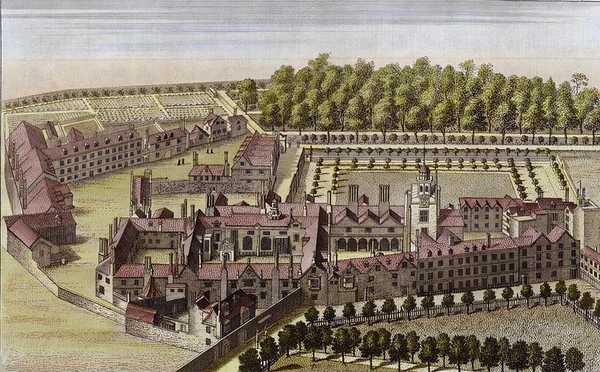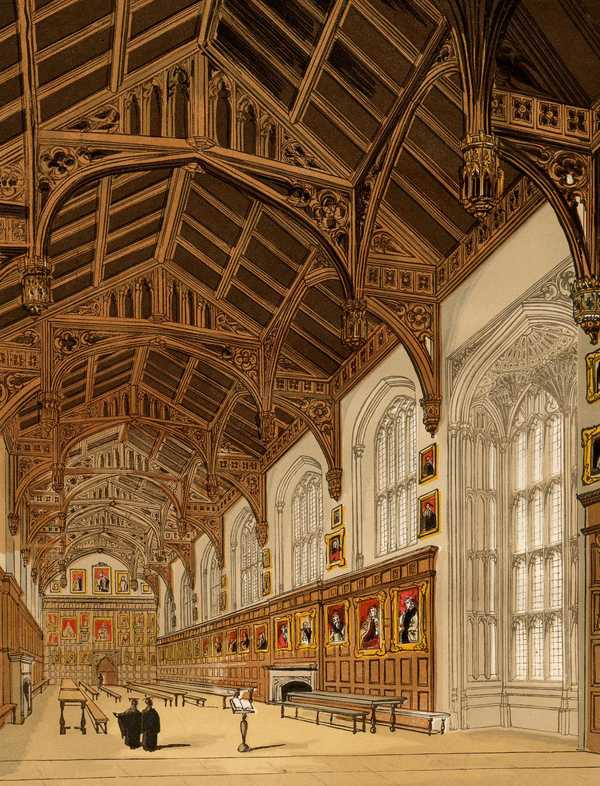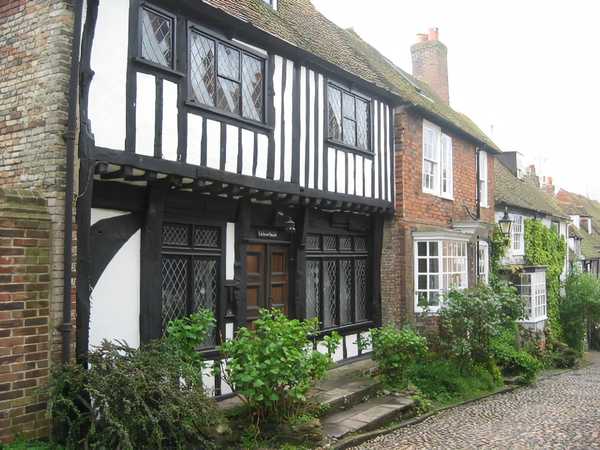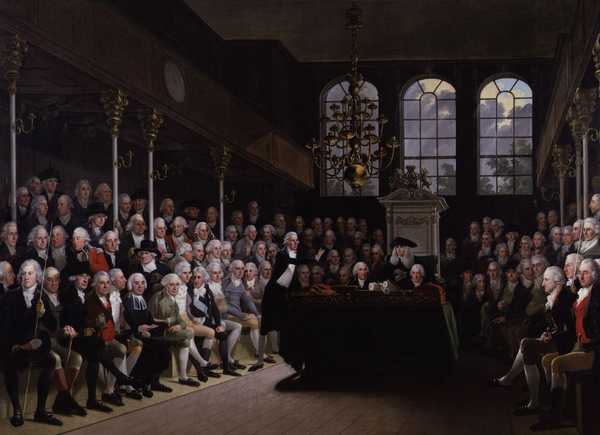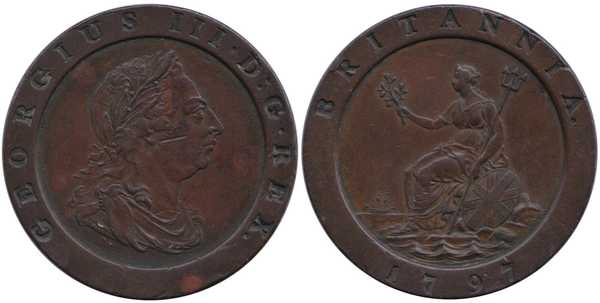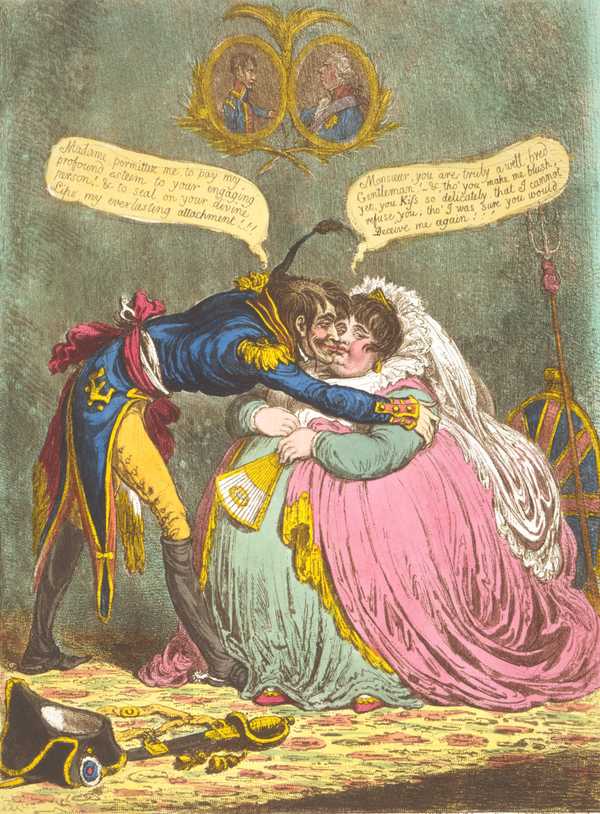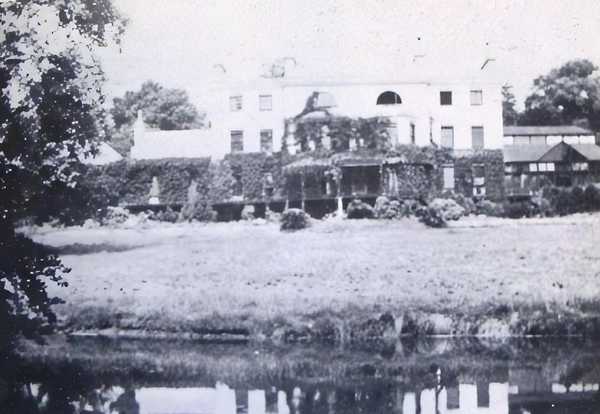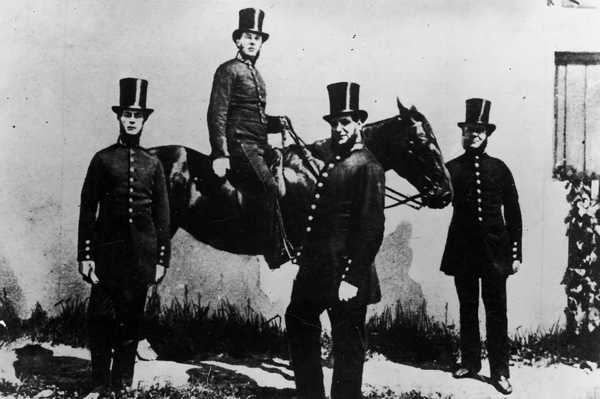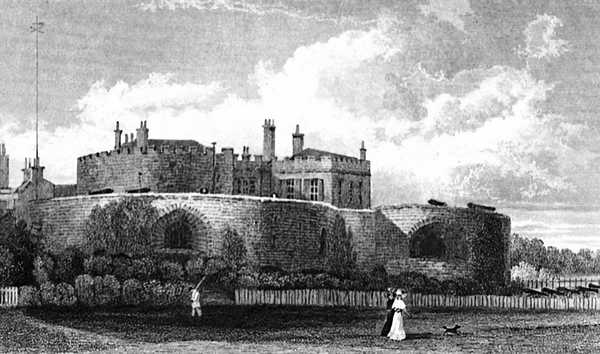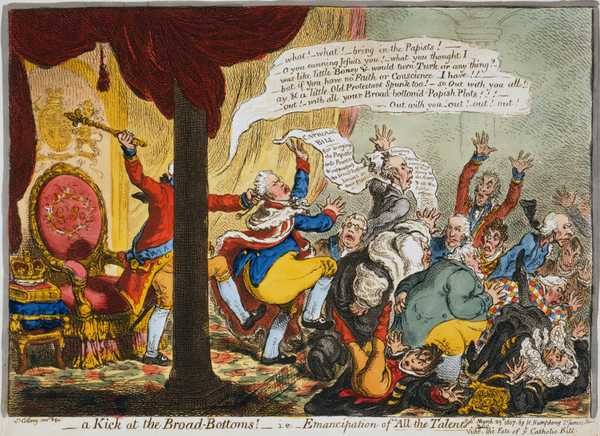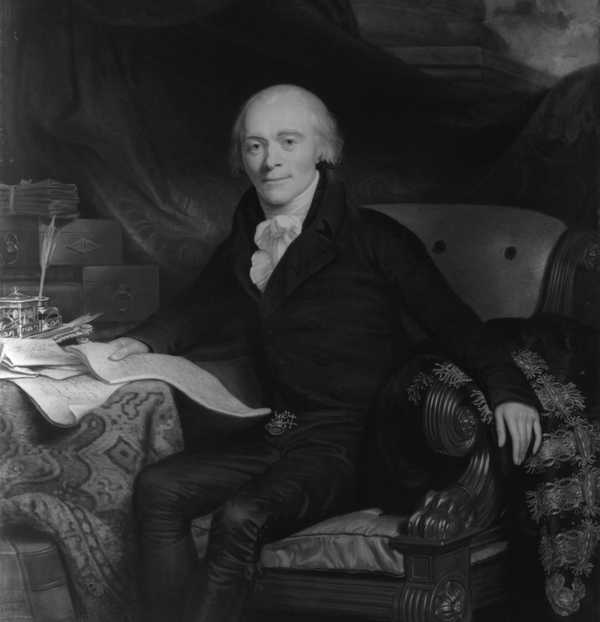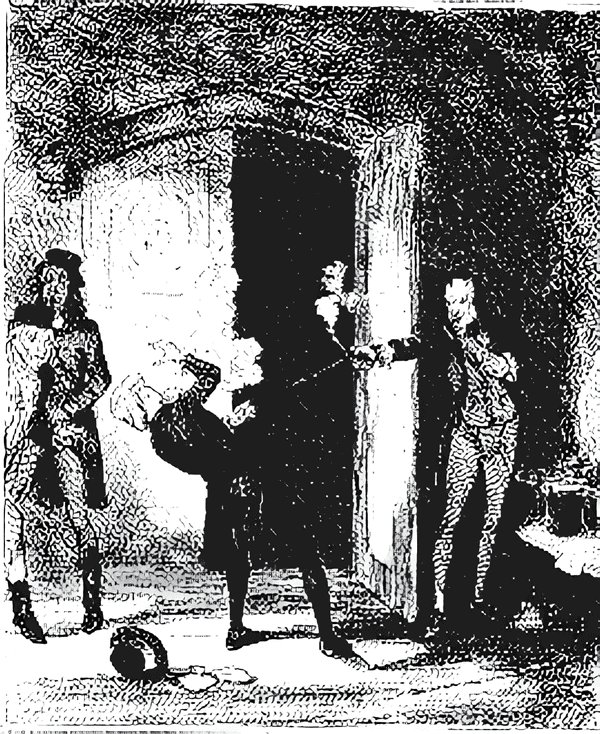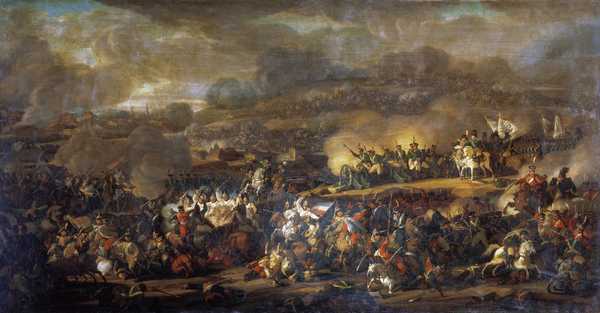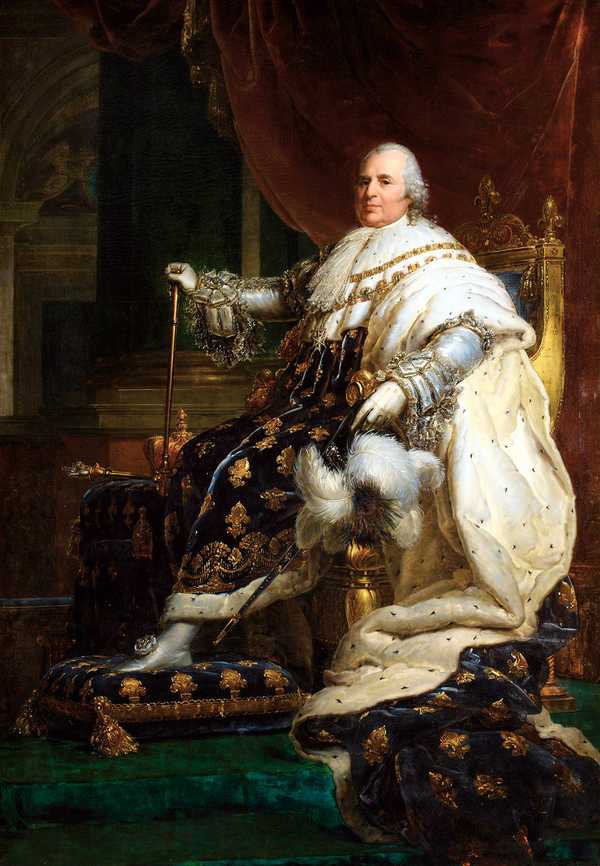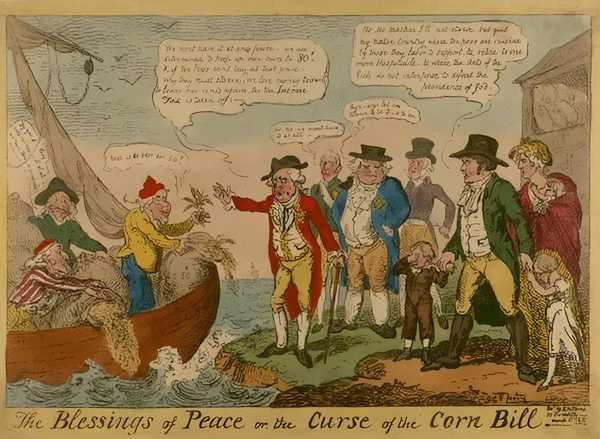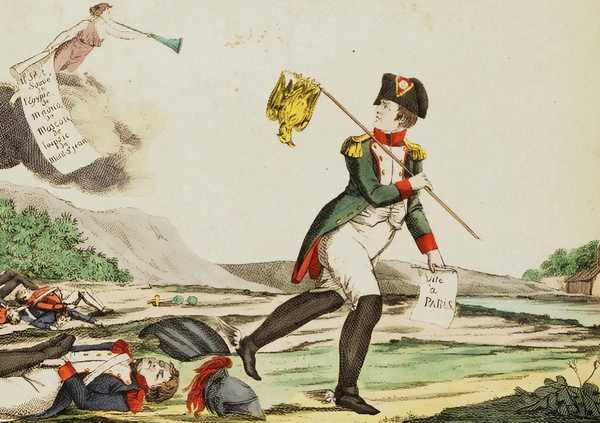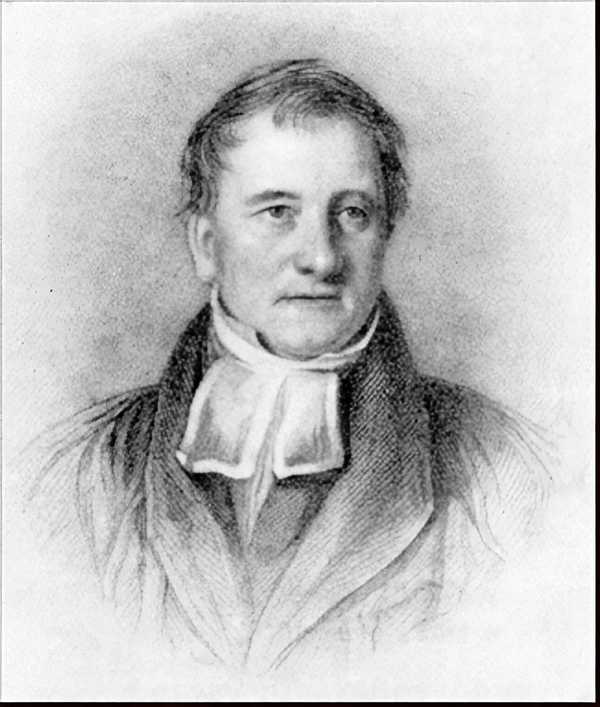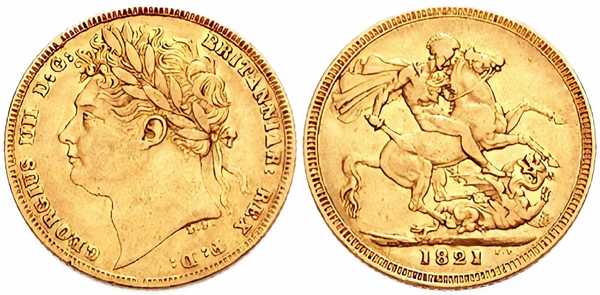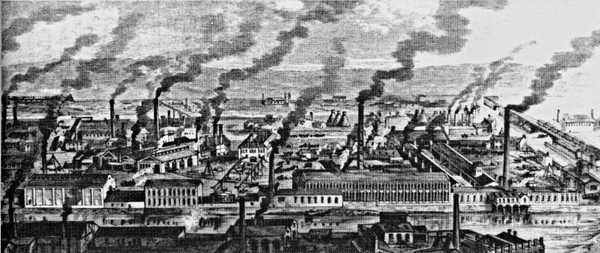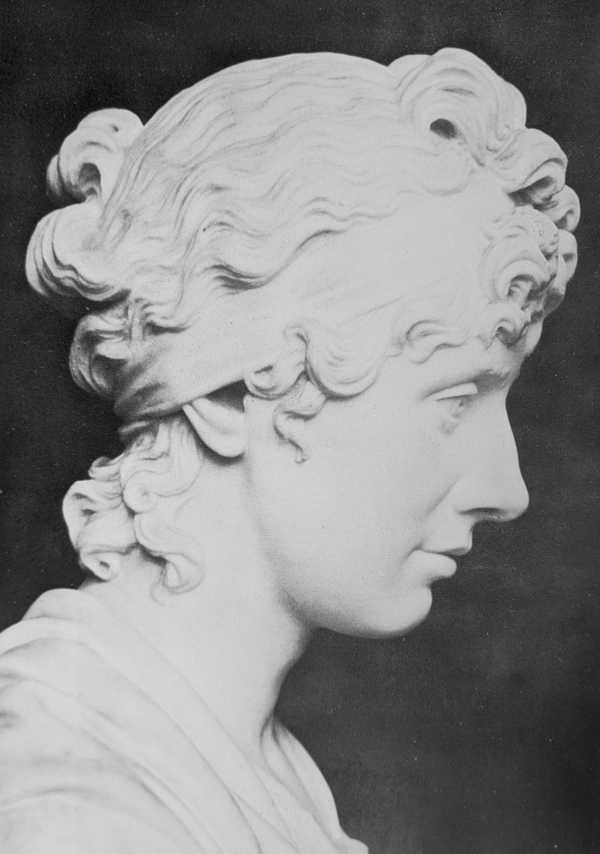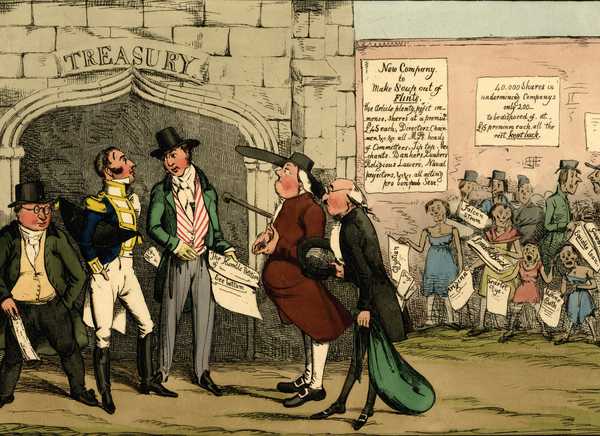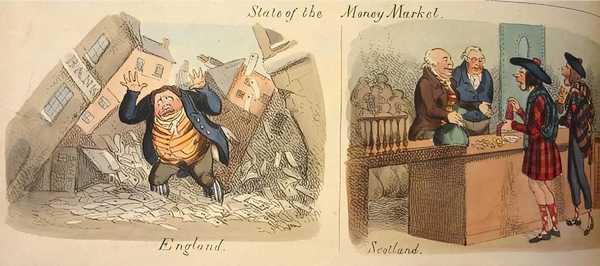.jpg)
Anthony Jenkinson
Liverpool's Great(x4)-Grandfather
Liverpool's Great(x4)-Grandfather
Liverpool's father
Liverpool's mother
Lord Chancellor 1801-06, 1807-27
Chancellor of the Duchy of Lancaster, 1812-23
Master of the Ordnance, 1810-1819
Home Secretary, 1812-22.
Lord Privy Seal, 1798-1806, 1807-27
President of the Board of Control, 1812-16
Lord Lieutenant of Ireland, 1821-28, 1833-34
Secretary of State for War and the Colonies, 1812-27
Lord President of the Council, 1812-27
Master of the Mint (in the Cabinet), 1814-23
Chancellor of the Exchequer, 1812-23
Liverpool's first wife
Joint Secretary to the Treasury, 1809-1823
President of the Board of Trade, 1812-18; Ambassador to the Netherlands, 1813-23
Vice-President of the Board of Trade, 1818-23; Master of the Mint, 1823-27
Master-General of the Ordnance 1818-27
Foreign Secretary, 1812-22
First Commissioner of Woods and Forests, 1814-23; President of the Board of Trade, 1823-27
President of the Board of Control, 1816-21; Foreign Secretary 1807-9, 1822-27
Prime Minister, 1812-27
First Lord of the Admiralty, 1812-27, 1828-30
Solicitor General, 1819-24; Attorney General, 1824-26; Master of the Rolls, 1826-27
President of the Board of Control, 1822-28.
Liverpool's second wife
Joint Secretary of the Treasury, 1823-27
Secretary to the Admiralty, 1809-30
President of the Board of Trade, 1818-23, 1841-43; Chancellor of the Exchequer, 1823-27
Under Secretary for War and the Colonies 1812 - 1821
Liverpool's half-brother
Secretary at War, 1809-28
Home Secretary 1822-27, 1828-30
Political diarist from 1820 - 1832
Robert Banks Jenkinson is born in London
Christ Church College, Oxford
Maiden speech in the House of Commons
Marriage to Lady Louisa Hervey
Following the 1797 Militia Act, which authorized the recruiting of 6,000 militia in Scotland, a recruiting squad of about 80 soldiers under Major Wight, which included a party of the Cinque Ports light cavalry under Captain Finlay, was attacked with rocks, bottles etc. in Tranent by an organized mob of protesters against Army recruiting activities. After several attempts to quell the rioters, Major Wight ordered the dragoons to fire, killing some of the rioters but dispelling them, after which the soldiers appear to have lost discipline and killed various innocent people in the surrounding countryside, to a total of 11 dead and 8 injured. Liverpool, the Cinque Ports light cavalry’s commanding officer, was not present, being at the county town of Haddington about 10 miles away. The facts of the case were laid before the Lord Advocate of Scotland, but no action was taken. The “massacre” as it can correctly be called with respect to the non-rioters, who appear to have represented 7 of the 11 killed, has recently been played up locally, with a rather ugly monument to the rioters erected in 1995. Liverpool’s collateral involvement has of course fuelled nationalist and leftist agendas. The accusation that he should have been present at Tranent makes little sense since only a small part of his regiment was involved, and Major Wight, not of his regiment, was the senior officer present. Liverpool can however be considerably criticized for the poor discipline of his men and for the failure of Captain Finlay to keep them under control.
Preliminaries of peace signed for Treaty of Amiens
The Liverpools Move into Coombe Wood
During this period as Home Secretary, he founded the Bow Street Horse Patrol, to protect London from the menace of highwaymen.
George III first asks Liverpool to become prime minister, following the death of Pitt. After reflecting for two hours, Liverpool turns the offer down; he is consoled by being given Pitt’s lucrative office of Lord Warden of the Cinque Ports.
Liverpool and Eldon visit the King to form the Duke of Portland’s government. Liverpool becomes Home Secretary again.
Liverpool becomes Secretary of State for War and Colonies
Battle of Leipzig, with all Allied forces except Bavaria paid for by Britain – decisive battle of the war.
Liverpool changes official British war aims to restoration of the Bourbons.
Liverpool opens Second Reading debate on the Corn Laws.
Four days before Waterloo, Vansittart raises £27 million of “Consols” at cost of 5.62%. Napoleon is dead meat.
Passage of the Savings Bank Act of 1817, providing safe home for working-class savings. Pictured is Dr. Henry Duncan, the originator of the idea in 1810.
Liverpool in the House of Lords proposes six Resolutions taking Britain onto the Gold Standard
Liverpool sets out in the House of Lords the move towards free trade that Britain would follow for the next 40 years.
Liverpool speaks in the House of Lords, denouncing the bubble then under way
Liverpool sets out plan of banking reform in a letter to Bank of England.
Liverpool suffers a stroke and resigns the prime ministership on April 9.
